India will be world’s largest consumer market soon: Dr Darrell Bricker
Ipsos Group S.A., a leading global market research company, launched its public affairs wing in India in March this year. Ipsos Public Affairs specialises in conducting research around public opinion and reputation. This public affairs wing will help customers identify what drives, builds and sustains social research and corporate reputation in India.
Speaking at the launch, Darrell Bricker, CEO, Ipsos Public Affairs, had said, “India is at a very crucial juncture, where public opinion plays an integral role in nation building. In this context, the role and power of public affairs research will be an essential ingredient. We are excited to expand our Public Affairs segment in India and it is very timely for us to invest our local capabilities in social research and development. We are confident that with the in-depth sector knowledge to assist decision-makers and global expertise, our teams in India will be able to provide access to the knowledge in social and corporate reputation research.”
In conversation with Adgully, Dr Darrell Bricker speaks at length about Ipsos’ four-decade journey, future of public affairs research, public opinion and national building and much more. Excerpts:
How has the four-decade journey of Ipsos been?
The biggest success for Ipsos is that we have grown from being a four people shop back in 1975 when we started to a global research entity now with 16,000 employees across 100 countries. We have over the years created this platform to be able to go out and evaluate what the public is thinking about on every issue. Being able to give voice to the public in such an expansive way with so many mechanisms in so many countries, I believe, is a huge accomplishment. We are still in the early days and there more better days to come.
How do you envisage the future of public affairs research?
In the research market, it is one of the businesses which is growing the best right now and there are a couple of reasons for that. First, government and officials are more interested in understanding how to improve their services and the way they deal with that is by measuring improvement, which is basically what we do, which is measuring public opinion. Secondly, the world is becoming a difficult place to manage and navigate and as a result of that people need better information about how to talk to the public effectively. The more they are interested in navigating these difficult situations, the more the companies like us give them good data about what they should expect and what variables they need to manage.
What role does public opinion play in nation building?
A nation is only as good as its public. What that public is thinking at any given time is crucial in terms of the direction that nation is able to go. There has to be a certain level of confidence in terms of government and nation building process that the government has going forward in order for that to succeed or by the time you approach the next elections, you will find that you have another government in place.
How does Ipsos plan to contribute to India’s journey of nation building?
India is at a very interesting point, where it has gone through a significant change in the government space over the last few years and they are trying to figure out whether their direction is in line with public opinion in India. It is going to be a good time for people like us in the business of measuring and effectiveness. We are looking forward to doing that and in terms of India’s place in the world, when it becomes the world’s largest country in terms of population, it will have a strong significant voice because of its sheer weight and more people are going to be listening to it. Also, India is on a different path than some of the other places in the world that are experiencing some significant decline in population, whereas India’s population still continues to grow. The power of India is going to extend in the world.
How does India compare with the world?
As I said, India is the world’s biggest democracy and soon will be the world’s largest country in terms of population. If you are into the business of measuring the public, there is no better place to be than India. Secondly, this type of work is still in its initial stage in India where the government is changing, public organisations are changing and companies are changing as well. Public opinion is becoming more of a force in terms of all the aspects that these people operate. I think given that it is going to be the world’s largest country and certainly the world’s biggest democracy, you really want to understand the public opinion better.
What has been the impact of India’s demonetisation on public opinion?
When you take a look at the public opinion in the Indian economy, people tend to be very optimistic about it. You really have to go to a place like France to find people who are very pessimistic. Every quarter or month that we measure public opinion in terms of economic confidence, India tends to be in the top five of the lead table.
How is technology affecting public opinion in today’s world?
Technology is important today because more and more people have access to the world in hand. The idea that the world is an accessible place is becoming extremely important, and with so much of information available, it has started to make people around the world more challenging than they used to be. The more access we have to everything, the more power we feel to challenge and that’s what is happening. Public opinion research helps in finding what the public wants to challenge and how far they are willing to go for their challenge.
There is a huge disparity between opportunities and equality in India. Your comment…
In terms of inequality, the issue has been growing since 2008 when we saw the meltdown in world economy and we never actually came back from that. India is quite interesting in that regards, because it has always had issues with social inequality but it wasn’t driven because of that particular event or economic inequality or wealth inequality. However, when it started to show up in developed countries like the US, it became a big factor in the last national elections, and it was certainly a factor in BREXIT in the UK. What we are seeing is that something that was traditionally a developing economy’s debate, has now become a developed economy’s debate.
India is seeing a huge inflexion in the metro cities. What are the major implications?
The growth of urban environment in the world is increasing. If we take a look at the UN statistics, back in 1960, a third of the people lived in the major cities or urban areas, but by 2050 it is going to be two-third of the people. There has been a massive expansion in the number of people living in cities and with this we will see issues emerging for the government – starting from transportation to housing to urban sprawl, everything that relates to what it is like to live in the city; why we will see a growing urban-rural divide in which the urban areas will drive more of the country’s resources. The interesting thing is that our political systems aren’t necessarily constructed to reflect that, but with time you will see more and more battles on this question.
What are your views on the rise in individualism and lack of social connectivity?
There is a huge rise in individualism and it’s mainly because people feel they can express themselves in so many different ways than they used to before and they feel empowered to be able to do that. The idea that there is going to be somebody to tell you how to behave is increasingly difficult to accept all over the world. We are seeing a rise in individuality in terms of how people express themselves and also in terms of how they live their lives. Gender identity is becoming more of an individual statement these days, maybe a little slower in places like India, but these are the trends that are going to find their way here because you can’t keep them out. All people have to do is pick up their phones and find out.
How do you see Donald Trump’s election as the US President impacting India?
The United States is still the world’s biggest economy, and India is going to be the world’s largest consumer market soon. There has to be some getting together on how that relationship is going to work. The US has to be concerned about India, just as it is concerned about China and this part of the world is increasingly important in terms of geo-politics as well as growth of consumer trends. Everybody in the US is going to be paying attention to India.
How do you see the road ahead in 2017?
We have entered a super cycle of political instability and uncertainty. It started in the US, but we also saw BREXIT in the UK. We saw populous/ nationalist wave of political discontent in the world and this is something which will be growing and we will see more uncertainty in the political system.
We have a few big elections coming up in 2017 that are going to show how deep this trend has been seeded. The one I am going to be watching is the election in France in May. If Marine Le Pen wins, the level of instability that we have seen in Europe is going to increase.



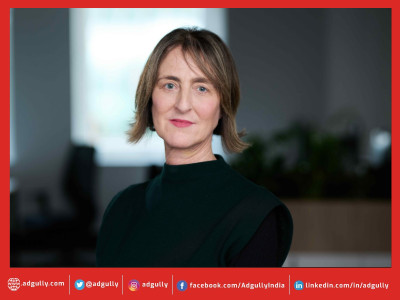
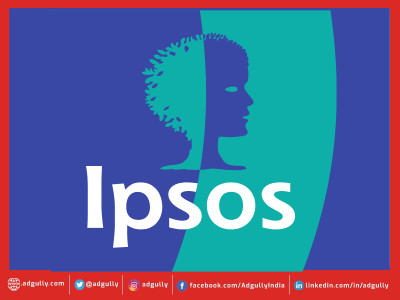

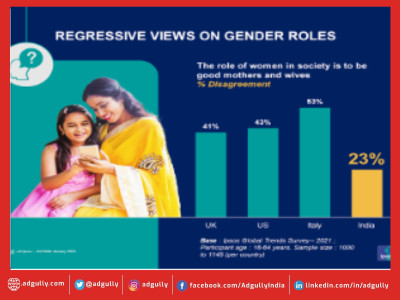



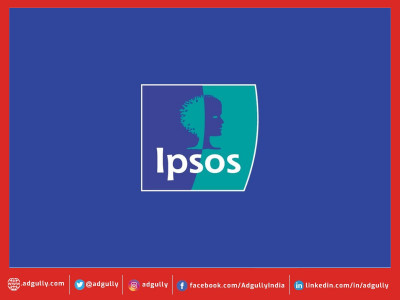

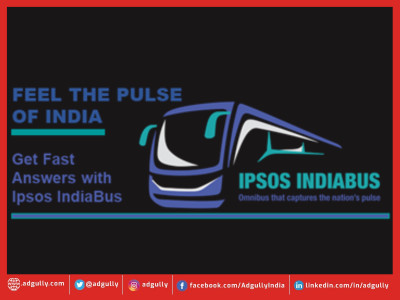


Share
Facebook
YouTube
Tweet
Twitter
LinkedIn